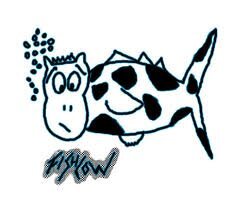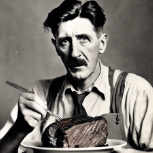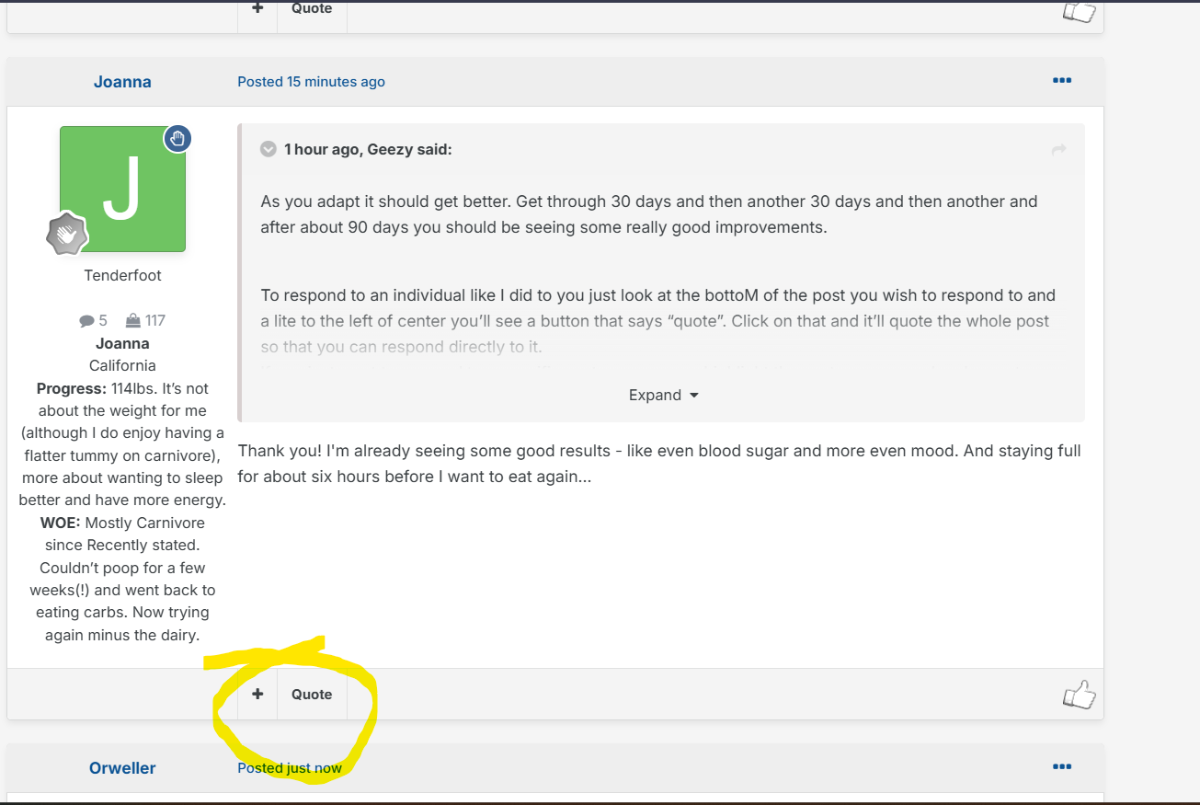Welcome to our Carnivore / Ketovore / Keto Online Community!
Welcome to Carnivore Talk! An online community of people who have discovered the benefits of an carnviore-centric ketogenic diet with the goal of losing weight, optimizing their health, and supporting and encouraging one another. We warmly welcome you! [Read More]
- Replies 9
- Views 1.5k
- Created
- Last Reply
Most Popular Posts
-
-
That's why they say "Holy Mackerel!" That's an even better ratio than salmon. I tried trout the other day and loved it. Salmon is alright, but I get flavor fatigue if I have too large of a
-
Agreed. Crappie and bream are the go-to's around here and you just can't beat cutting up catfish into nuggets. A few years ago I was at my brother-in-law's down on the NC coast. A buddy of his wa











The keto diet is a high-fat, moderate-protein, and low-carbohydrate eating plan. For those following the keto diet, fish is an excellent source of protein and healthy fats, making it a great choice. Here are some of the best fish for the keto diet, along with their benefits and nutritional values:
1. Salmon
Benefits: Rich in omega-3 fatty acids, which are beneficial for heart health and brain function. It also contains a good amount of protein and is an excellent source of vitamin D.
Nutritional Values (per 100g):
Calories: 206
Protein: 22g
Fat: 13g
Carbs: 0g
2. Mackerel
Benefits: Mackerel is another fish high in omega-3 fatty acids and vitamin D. It's particularly beneficial for reducing inflammation and promoting cognitive health.
Nutritional Values (per 100g):
Calories: 305
Protein: 19g
Fat: 25g
Carbs: 0g
3. Sardines
Benefits: Sardines are high in omega-3s and also packed with calcium (due to their edible bones). They're great for promoting strong bones and heart health.
Nutritional Values (per 100g):
Calories: 208
Protein: 25g
Fat: 11g
Carbs: 0g
4. Tuna
Benefits: Tuna is low in fat but high in protein. It's great for building muscle and is a leaner option for those on keto. It's also packed with vitamins like B6 and B12.
Nutritional Values (per 100g):
Calories: 132
Protein: 28g
Fat: 1g
Carbs: 0g
5. Trout
Benefits: Trout is a good source of protein and omega-3s. It's also a low-calorie option with a high concentration of vitamins like B12, niacin, and B6.
Nutritional Values (per 100g):
Calories: 148
Protein: 20g
Fat: 7g
Carbs: 0g
6. Halibut
Benefits: Halibut is a lean, white fish that is rich in selenium, an antioxidant that helps fight inflammation and supports a healthy immune system.
Nutritional Values (per 100g):
Calories: 140
Protein: 27g
Fat: 3g
Carbs: 0g
7. Cod
Benefits: Cod is a mild-tasting white fish that’s low in fat but high in protein. It’s also a good source of vitamin B12 and iodine, which supports thyroid function.
Nutritional Values (per 100g):
Calories: 105
Protein: 23g
Fat: 1g
Carbs: 0g
Conclusion:
Fish is an excellent choice for the keto diet, providing a wide variety of nutrients like omega-3 fatty acids, protein, and essential vitamins and minerals. Fatty fish like salmon, mackerel, and sardines are particularly beneficial due to their high content of healthy fats, which help meet the macronutrient ratios required on a keto diet.